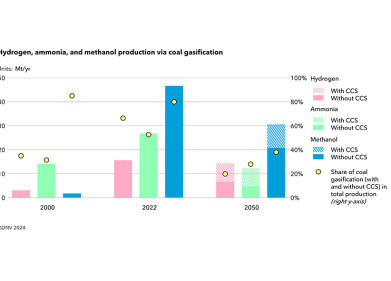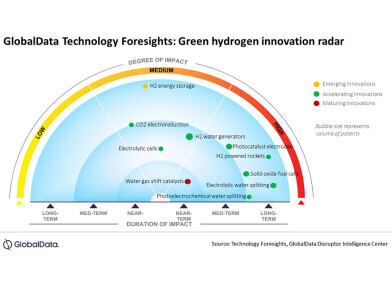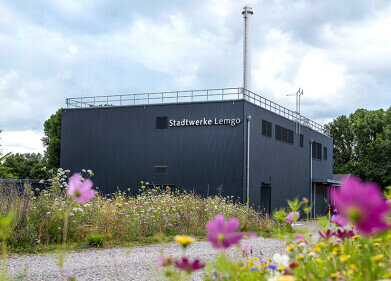Green Energy
Is Air Pollution Getting Us All Down?
Feb 13 2019
We all understand the potentially devastating impacts of poor air quality around the world. Damaging wildlife, affecting our health and increasing climate change, air pollution is an ever-growing problem for society. But a new study suggests that as well as affecting individuals’ physical health, poor air quality could also be impacting the happiness of a city’s population.
The study, conducted in China, has found an association between levels of toxic air pollution in big cities and levels of happiness amongst those living there. Researchers used real-time data sourced from social media, providing information on individuals’ moods and compared it against levels of airborne particulate matter (PM), concluding that high levels of PM correlate with low happiness levels among those living in large cities.
Impacts of air pollution
Air pollution impacts individuals and wildlife across the globe, but China is perhaps most well-known for having low air quality and high levels of pollution, due to the number of industrial cities. In recent years, China has experienced rapid economic growth, which comes at a cost to the environment. The growing number of coal-burning plants and the increase in the number of vehicles on the roads have led to a sharp influx in the levels of PM in the air.
Poor air quality contributed to a staggering 6 million premature deaths in China in 2016 and costs the country’s economy $38 billion, or £29.5 billion every year. Now, with this new research, there is also reason to believe that air pollution is having a negative impact on mental health, too.
Links between air quality and happiness
The study, which was led by Professor Siqi Zheng, a scientist from the Massachusetts Institute of Technology, used an algorithm to analyse the mood of 210 million tweets on a microblogging site, Sina Weibo, to measure happiness levels in 144 Chinese cities. “Social media gives a real-time measure of people’s happiness levels and also provides a huge amount of data, across a lot of different cities”, Zheng explained.
The research team then merged this information with data on PM levels and weather patterns across certain areas. They found that surges in pollution correlated with dips in happiness, particularly for women and those with higher incomes. Despite the prosperity of individuals and the economic growth of the country, China has not seen a considerable change in the mental health of its residents, perhaps due to the low air quality across the country.
The reasoning behind the correlation between air pollution remains unknown. Whether it’s the lack of ability to think as clearly as usual or poor air quality making it difficult to socialise with friends, Professor Mechelli, from King’s College London, believes it is important to discover the links between mental health and pollution in order to encourage governments around the world to work towards a cleaner future.
Only then can China focus on cleaning up its power stations and manufacturing plants with solutions like steam traps and steam systems to increase energy efficiency and decrease CO2 emissions.
Events
May 05 2024 Seville, Spain
May 13 2024 Munich, Germany
May 23 2024 Beijing, China
May 23 2024 Beijing, China
Jun 10 2024 Algiers, Algeria














